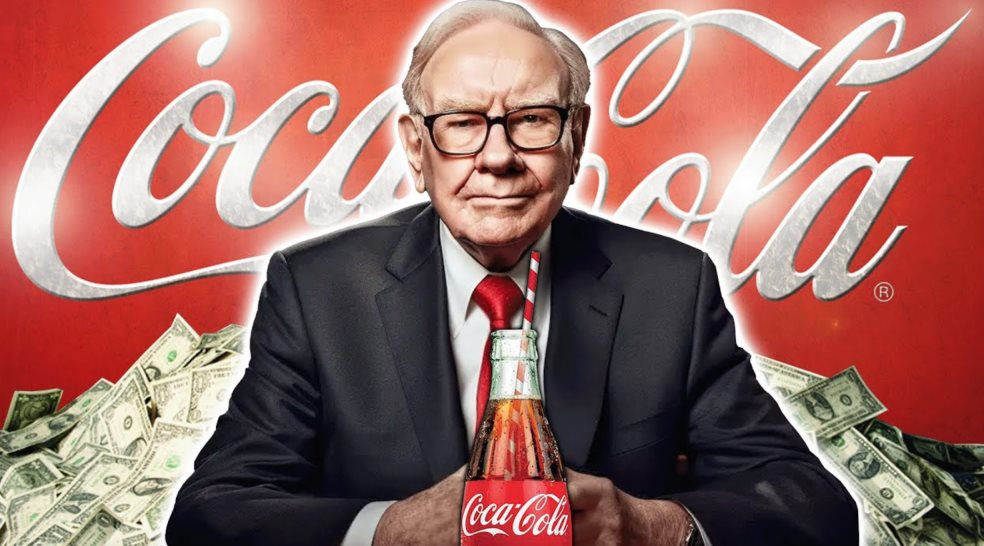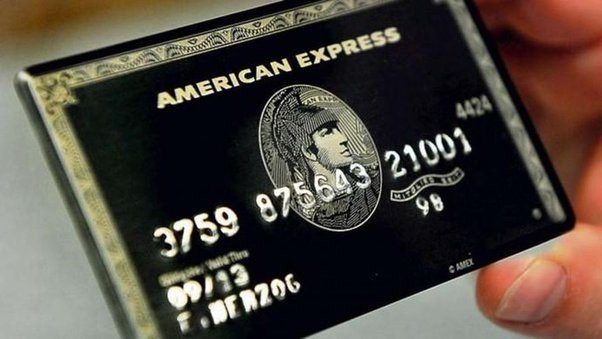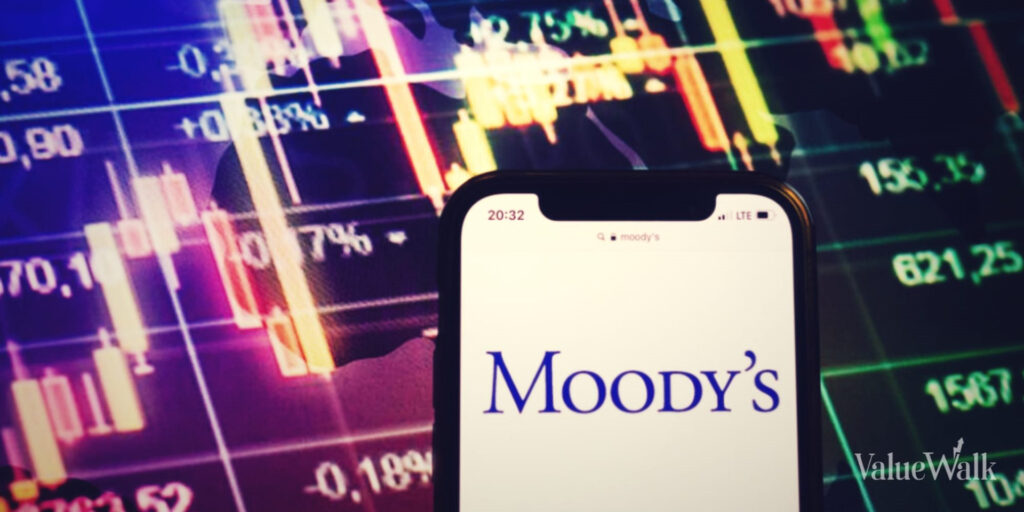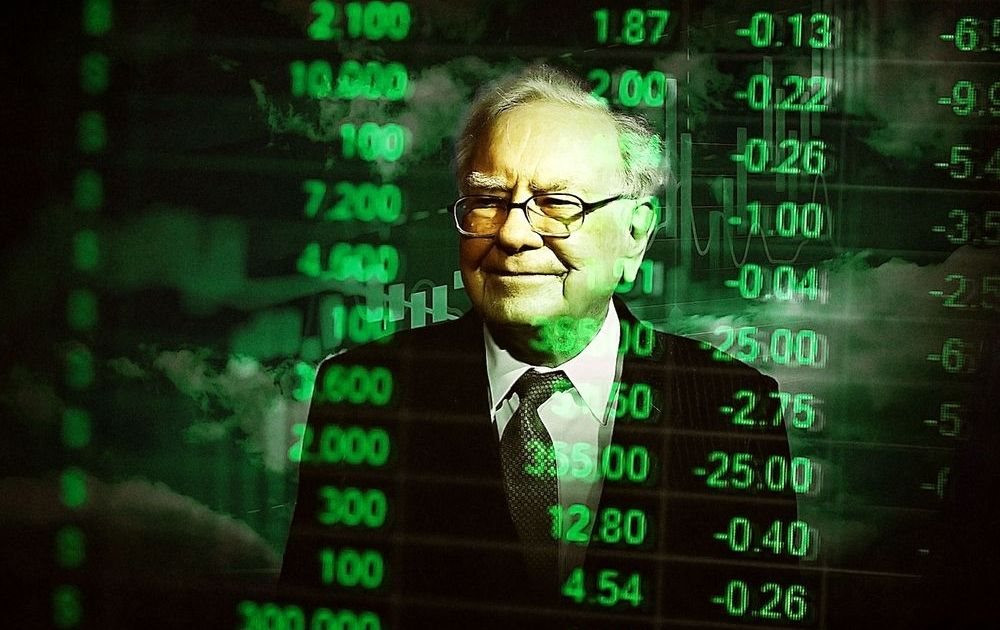Warren Buffett’s most famous investment strategy is to own great stocks for the long term. These are 3 stocks that he held for a very long time, from 1988, 1991 to 2000.
Warren Buffett has had a stellar investment record for more than half a century. In terms of total annual returns (including dividends) since the mid-1960s, the billionaire’s investments have grown twice as fast as the S&P 500.
Calculated on the basis of gross profit, his achievement is even more remarkable. When the S&P 500 increased by about 36,000%, the profit for Berkshire Hathaway’s class A shares as of the end of June 26, 2024 reached nearly 5,000,000%.
In general, Buffett’s stock investment criteria include:
Businesses have clearly defined competitive advantages.
Focus on companies with strong, experienced management teams.
Berkshire’s portfolio includes many stocks that benefit from long-term economic growth.
Focus Berkshire’s $387 billion portfolio of 44 stocks on some of the ideas Buffett and his associates love most.
Hold plenty of cash to weather the inevitable market crashes.
However, perhaps the most obvious characteristic of Warren Buffett’s investment philosophy is his desire to own great businesses over the long term. The average holding period for stocks is less than 1 year. However, the billionaire and his partners Ted Weschler and Todd Combs are looking to own businesses that they believe have “indefinite” value.
Although the portfolio includes 44 stocks, these are the stocks that Berkshire has held consistently since 2000:
Coca-Cola: Held since 1988

Coca-Cola is the dominant name in Berkshire’s portfolio. Buffett’s group has continuously held shares of the beverage company since 1988 at an average price of $3.2475 per share. The company is generating a dividend yield of nearly 60% per year.
What’s unique about a consumer staples stock like Coca-Cola is that the company provides a good or service that consumers need. No matter how poorly the economy or the U.S. stock market performs, consumers still need refreshments. As a result, the company’s operating cash flows are stable and predictable for years.
Specifically, Coca-Cola operates in every country except North Korea, Cuba and Russia. The diversity of its scope of operations gives the company the advantage of stable operating cash flow in developed countries, while enjoying continued growth in emerging markets. Overall, Coca-Cola owns more than 20 brands globally with annual revenue exceeding 1 billion USD.
Marketing and branding are also factors that make Coca-Cola a superior long-term investment. Kantar’s annual “Brand Footprint” report shows that Coca-Cola has been the world’s most chosen brand at retailers for 12 consecutive years.
Berkshire receives $776 million in annual dividends from its stake in Coca-Cola. Therefore, there is no reason for this group to sell Coca-Cola shares.
American Express: Held since 1991

The second stock that has been a staple in Berkshire’s portfolio for more than three decades is credit card giant American Express. AmEx is considered Buffett’s “model” investment. It is a financial stock (Buffett’s favorite), has a well-known brand name, and has a strong management team.
Although Buffett and Berkshire’s most talented “minds” know that economic recession is normal and inevitable, they realize it is only a short period. Nine of the 12 US recessions since the end of World War II were resolved in less than 12 months. Buffett favors brand-name businesses like AmEx and has seen them thrive during extended periods of economic growth.
AmEx has succeeded by benefiting from both sides of every transaction. It generates revenue from transaction fees and net interest income as the third-largest credit card company in the United States by transaction volume. Moreover, AmEx has attracted high-income cardholders, a group that is unlikely to change its spending habits despite minor economic disruptions.
The most important thing is that Berkshire’s yield at AmEx is 33% (at a price of $8.49/share). In other words, Berkshire’s initial investment doubled every three years thanks to dividends alone.
Moody’s: Hold since IPO on September 30, 2000

The third company the investing legend has owned continuously since 2000 is credit rating agency Moody’s. Berkshire has been a shareholder in the company since Dun & Bradstreet split from Moody’s in September 2000. Moody’s long-term superior performance is due to one of its two core businesses being “on the up” at any given time.
Moody’s is famous for its Investor Services segment, specializing in providing credit rating services for corporate and government bonds. More than a decade of historically low lending rates have spurred businesses and governments to issue bonds. Thanks to that, Moody’s core business is still “doing well”.
However, starting from March 2022, the Fed has implemented the strongest interest rate increase in 4 decades. When interest rates increase, the need to raise capital through bond issuance is also lower. Against this backdrop, the company’s growth potential shifts to Moody’s Analytics division.
Moody’s Analytics provides a range of risk management, economic outlook and compliance management solutions to clients. In an environment where some forecasting tools are pointing to a US recession, risk management tools are a hot service.
While not a household name, Moody’s still pays Berkshire an attractive dividend. The company has a dividend yield of about 34%, or about $10.05 per share.


